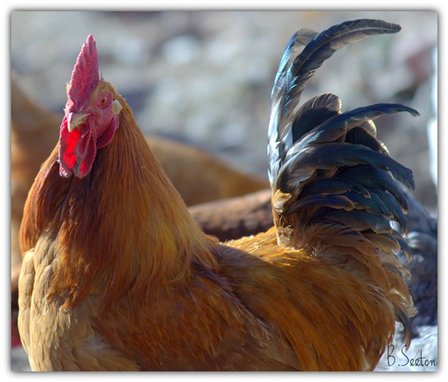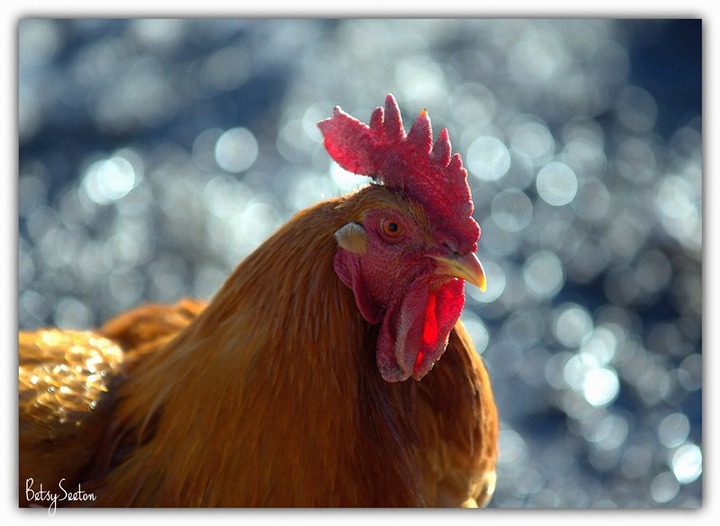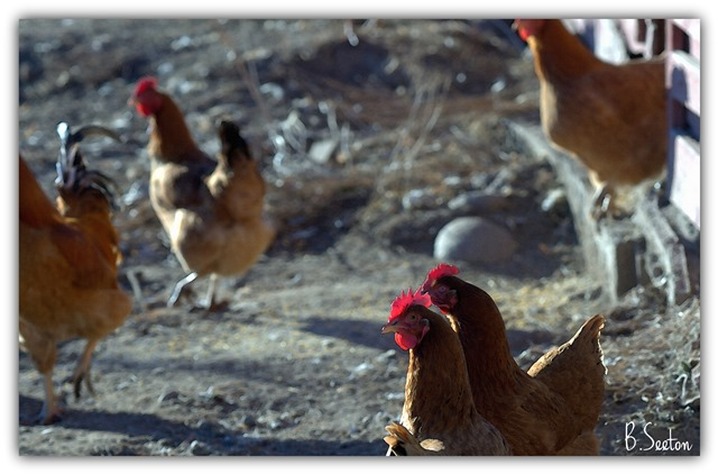"Our lives end the day we become silent over the things that matter."
~Martin Luther Knig, Jr.
Whenever I see chickens I think about the brutal conditions in commercial chicken farms and can visualize that conveyor belt full of baby chicks where inspectors are callously plucking them off and dumping them into the trash like they're objects instead of living creatures. After I posted this blog I came across the undercover investigation at Hy-Line Hathery that shows you the gruesome reality of the commercial egg industry. I saw it years ago, and can't watch more than a few seconds again. Some of images are burned into my memory. If you eat commercial eggs, the right thing to do is know the truth behind how they get to the grocery store.

"The domesticated chicken is something of a phenomenon," Nicols told The Times: "Studies over the past 20 years have revealed their finely honed sensory capacities, their ability to think, draw inferences, apply logic and plan ahead." Nicol explains the animal is capable of distinguishing numbers up to five and is familiar with transitive inference - the idea in logic that, if A is greater than B, and B is greater than C, then A is greater than C." FULL ARTICLE
In a good review of this study, counter points are made in an article called How the Intelligent Hen Study Fails Chickens written by Robert Grillo, posted in http://freefromharm.org/.
Overall most animal protection advocates view the findings of this or any other study that elevates our understanding of chickens as a hopeful sign that attitudes about these birds are finally changing for the better which must eventually translate into better treatment. So what’s the problem here?
For one thing, consider the fact that the Happy Egg Co., which was the subject of a major VIVA undercover animal cruelty investigation, sponsored the University of Bristol Intelligent Hen Study (a very official-sounding title) to “inform range and enrichment design on its farms.” To me this strongly suggests that the overall intention of the study is narrowly focused on how to improve the welfare of hens already bred to produce eggs on commercial farms. Yet, by studying them under the very conditions that inhibit their ability to express their true nature, the study is flawed by its very design and completely ignores how the commodification of chickens sabotages any serious attempt to understand their intelligence."





 RSS Feed
RSS Feed
